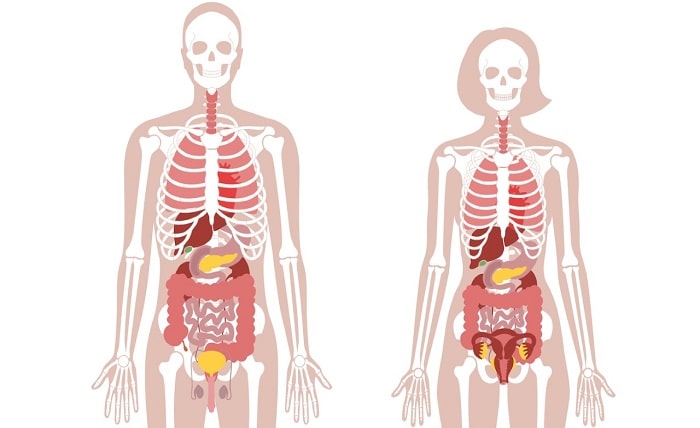The human body, an intricate masterpiece of nature, is a marvel that never ceases to amaze. From the tiniest cell to the complexity of the brain, every component works seamlessly to sustain life. In this article, we embark on a captivating journey into the wonders of the human body, exploring its various systems, organs, and functions. Join us as we unravel the mysteries and showcase the incredible capabilities of this extraordinary creation.
The Complexity of the Human Body
The human body is an intricately designed system comprising numerous interconnected parts. From the skeletal framework that provides structure to the organs that enable vital functions, every component serves a purpose. Each system, be it the circulatory, respiratory, digestive, or nervous system, contributes to the overall well-being of the body. The synergy between these systems showcases the remarkable complexity and harmony within the human body.
The Resilient Skeletal System
At the core of the human body lies the skeletal system, a framework of bones and joints that provides stability, protection, and mobility. Composed of over 200 bones, the skeleton not only supports the body but also houses the bone marrow responsible for blood cell production. From the cranium safeguarding the brain to the vertebral column protecting the spinal cord, every bone has a crucial role to play. This remarkable system allows us to stand tall, move gracefully, and partake in a myriad of physical activities.
The Intricate Circulatory System
The circulatory system, often likened to a network of rivers and streams, comprises the heart, blood vessels, and blood. Its primary function is to transport oxygen, nutrients, hormones, and other essential substances throughout the body. The heart, a muscular organ, acts as the central pump, propelling oxygenated blood to the body’s tissues and returning deoxygenated blood to the lungs. This continuous circulation sustains life, highlighting the vital role of the circulatory system in maintaining overall well-being.
The Dynamic Respiratory System
The respiratory system, a remarkable mechanism that facilitates the exchange of gases, enables our very survival. Through the process of breathing, oxygen enters our lungs, where it diffuses into the bloodstream, while carbon dioxide, a waste product, is expelled. The lungs, with their intricate network of air sacs and bronchial tubes, expand and contract rhythmically, ensuring a constant supply of oxygen. This symbiotic relationship between the respiratory and circulatory systems showcases the remarkable precision within the human body.
The Marvels of the Digestive System
The digestive system, responsible for breaking down and absorbing nutrients from the food we consume, is a testament to the body’s intricate design. From the moment we take our first bite, a fascinating journey begins. The mouth, esophagus, stomach, small intestine, and large intestine work together to process food and extract vital nutrients. This process involves the secretion of enzymes and acids, the absorption of nutrients into the bloodstream, and the elimination of waste. The digestive system ensures our body receives the nourishment it needs to function optimally.
The Command Center: The Nervous System
The nervous system, often described as the body’s command center, regulates and coordinates all bodily activities. Comprised of the brain, spinal cord, and intricate network of nerves, it enables communication between different parts of the body. The brain, with its billions of neurons, controls our thoughts, emotions, movements, and senses. The spinal cord serves as a conduit for messages between the brain and the rest of the body. This extraordinary system allows us to perceive the world, make decisions, and respond to stimuli.
Conclusion
The human body, a symphony of systems, organs, and cells, is an awe-inspiring creation. Its complexity, resilience, and adaptability showcase the wonders of nature. From the skeletal system providing structure to the circulatory system ensuring the distribution of vital substances, every component serves a crucial role. The respiratory system sustains our breath, while the digestive system fuels our energy. Finally, the nervous system acts as the master conductor, orchestrating our every move. The human body is undoubtedly a masterpiece that deserves our utmost appreciation and care. Let us cherish this incredible creation and strive to maintain its health and vitality for years to come.

